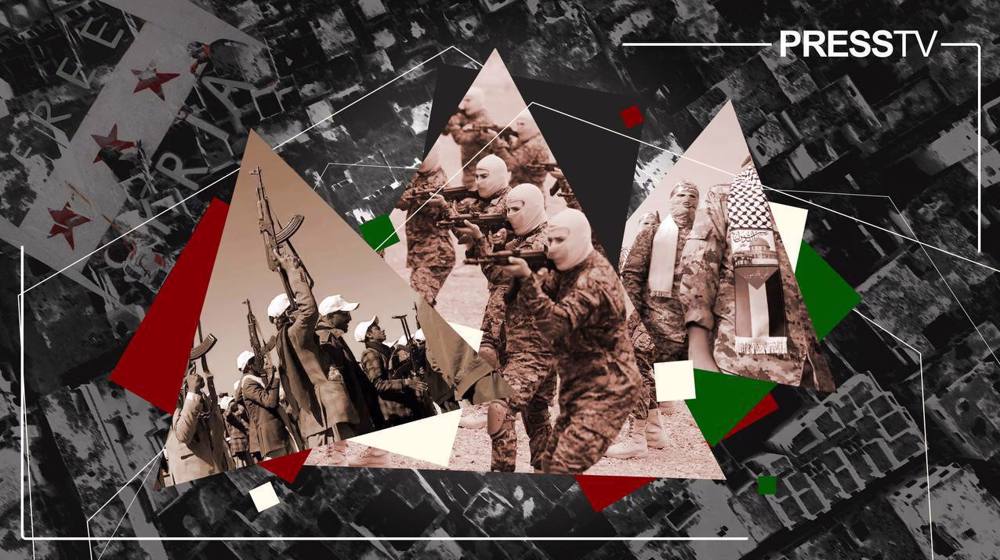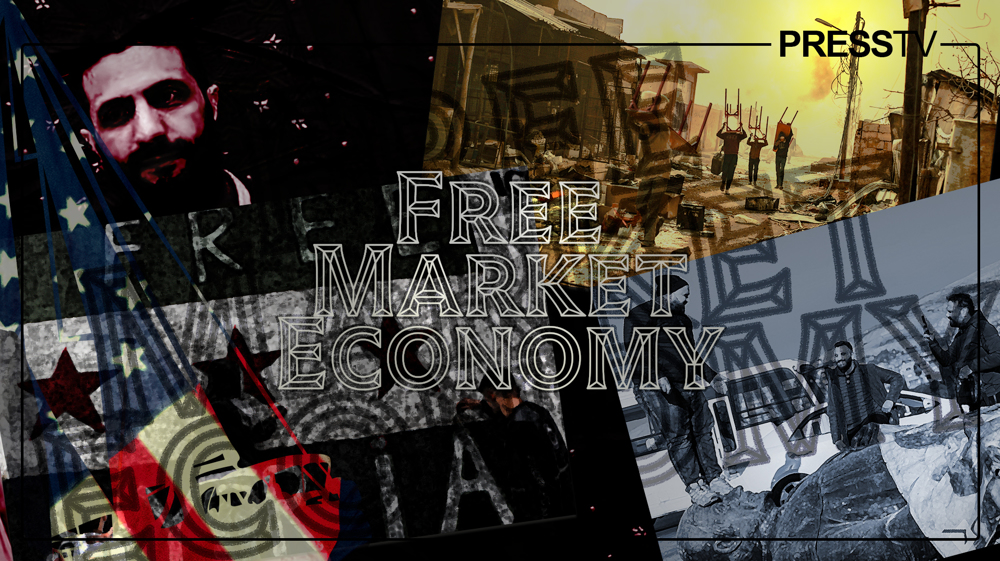Russia reminds West of its Mideast leverage
Following Vladimir Putin’s decision to lift restrictions on the export of S-300 air defense systems to Iran, the prime minister of Israel, Benjamin Netanyahu, initiated a call to the Russian President only to be assured that the technical specifications of the system make it a purely defensive weapon.
Although Russia and Iran agreed on the procurement of the systems back in 2007, the 2010 ban by then President Medvedev forced Iran to engage in a lengthy lawsuit of International Arbitration against Russia. A number of countries lobbied hard for Russia’s ban of the export of the arms to Iran.
Russia-Iran relations have a stronger politico-military dimension, and hopes remain for economic cooperation to reach its potential.
The announcement on April 13, 2015 includes the progress on oil-for-goods swap potentially worth $20 billion and would see Russia buy up to 500 ktpa of Iranian crude.
During “Direct line with Vladimir Putin,” a four-hour-long televised interview with media representatives on April 17, the Russian president cited a need to “encourage Iranian friends” in order to ensure continued cooperation in the nuclear negotiations. Since Russia’s sanctions of export of arms to Iran were unilateral and done solely in order to support the international sanctions regime and Moscow no longer sees a need for the continuation of its abstinence.
According to Putin, the S-300 system, when in possession of Iran, is a balancing factor in the Middle East.
The move itself is rational from the political-military and economic point of view, since gaining a foothold in the Iranian market prior to a relief in sanctions is in the minds of investment funds and global multinationals alike. Increasing technical military cooperation with Iran, either through cooperation deals signed with Russian Minister of Defense Sergei Shoigu during his visit to Tehran last January, arms sale contracts that can support Russia’s military industrial complex cements Russia’s position of a prime supplier of the Iranian market.
Despite being a barter scheme, a procurement and re-sale of cheap Iranian crude oil is a strong motivation for reaching trade potential between two countries. The announcement, however, does not mean that Iran will drop the lawsuit and Russia will be able to supply the promised air defense system within a short period of time.
Five S-300 divisions produced after the 2007 agreement are already in the ranks of Russian armed forces and the system has not been produced after a 2010 export to China, as its plant has moved forward with more advanced models of the system.
Russia previously offered Antey-2500 - a more advanced variant of S-300 - to Iran and the parties are likely to engage in time-consuming talks over the lawsuit and the exact type of system to be supplied to Iran. Although Iranian Minister of Defense Hossein Dehqan said that the parties will finalize all details of a contract within a month and the contract terms shall be realized by the end of the year, the announcement proves that Russia and Iran are picking up where they left off in 2010. This time perhaps with more hurdles than motivations, and given all the previously unfulfilled announcements on the sale of S-300 by Russia, there are no signs that it will be different for Iran this time around.
According to Russian Foreign Minister Sergei Lavrov, the demonstration of Iran’s willingness and flexibility to reach an agreement with the P5+1, through the framework agreement concluded in Lausanne, has given Russia a reason to believe that only the technical details of the final agreement remain to be sorted out before the June 30, 2015.
In his interview, Putin mentioned Israeli objection to the potential sale of S-300 to Iran. Given the recent change of position by President Obama, who has recently yielded to the pressure from the Republicans, allowing the Congress to have a voice in the proposed nuclear deal with Iran, lifting of the ban on S-300 exports comes at a not best time for the proponents of the nuclear deal. Whether the air defense system is a game-changer or not, the lifting of bans will definitely serve the rhetoric of those opposing the final nuclear agreement between P5+1 and the Islamic Republic of Iran, both in Washington and Tehran.
This development is a sober reminder of Russia’s substantial politico-military leverage in the Middle East, which goes beyond its historic support of the Assad government in Syria. Despite Russia’s support for international sanctions regime, at a cost of its relationship with Iran, it was not rewarded in any manner and this time around if nuclear negotiations fail, Russia is unlikely to support it. One might argue that Iran is competitor of Russia in energy markets, and that it has little interest in seeing Iranian products in the international markets. However, this view is a long-term perspective whereas cementing Russia’s position in the Middle East, especially during these volatile times, is a short-term gain with tangible benefits for sanctioned and relatively isolated Russia.
Munkhnaran Bayarlkhagva (Washington DC) - Research Associate of Global Growth Advisors GGA - strategic consulting firm and leading advisor on business and political strategies.
MB/RA/HSN
VIDEO | Press TV's News Headlines
President Yoon Suk Yeol to be removed from office
At least 19 Gazans killed by Israeli airstrikes since dawn: Medics
Leader: Iran neither has nor needs proxy forces
US fighter aircraft shot down ‘in friendly fire’ amid aggression on Yemen
Yemeni FM: Israel’s sponsors accountable for ongoing aggression on Sana’a
Eight Palestinians killed as Israel attacks Gaza school, hospitals
VIDEO | Rome, Milan host new protests in solidarity with Palestinians










 This makes it easy to access the Press TV website
This makes it easy to access the Press TV website